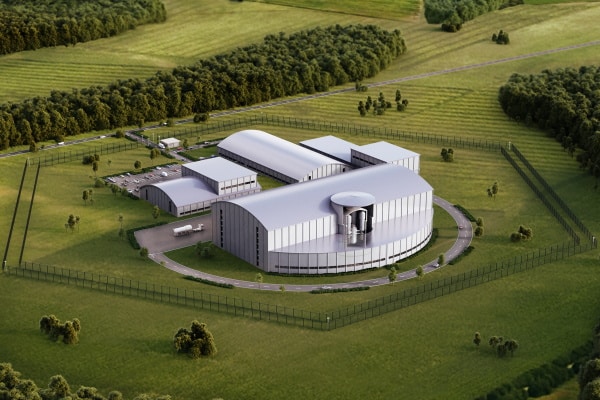At the heart of the package is a pledge to provide up to £56m to support r&d into advanced and small modular reactors.

The first stage of this finding package will see £4m made available for feasibility studies and up to £7m to further develop the capability of nuclear regulators who support and assess advanced nuclear technologies. If this goes well, up to £40m will be made available for advanced modular reactor R&D projects and up to a further £5m for regulators. The government also plans to support early access to regulators to build the capability and capacity needed to assess and licence small reactor designs and will establish an expert finance group to advise how small reactor projects could raise private investment in the UK.
In addition, the government plans to shortly launch the second phase of its Nuclear Innovation Programme, including up to £8m for work on modern safety and security methodologies and studies in advanced fuels.
Meanwhile, a further £86m has been earmarked for a new national fusion technology platform at the UK Atomic Energy Authority’s Culham Science Centre in Oxfordshire.
This new investment will reinforce the UK’s world-leading fusion research and development capability, and allow UK firms to compete for up to a further £1bn of international contracts for fusion technologies, including for the International Thermonuclear Experimental Reactor (ITER).

Science minister Jo Johnson said: "This new funding for nuclear fusion research will establish a unique set of research and innovation capabilities that will safeguard the exceptional work already taking place in Culham by scientists and engineers from across the world, and emphasises the UK’s commitment to international collaboration."
As reported recently by The Engineer, ITER, the successor project to the EU’s Joint European Torus (JET) reactor in Culham, is currently under construction in France.
Speaking at the Nuclear Industry Association’s annual conference on December 7th, energy minister Richard Harrington also set out the next steps to allow large new nuclear projects to apply for planning consent after 2025 and also signalled that the government would bring forward consultations in the New Year on the development of a long-term geological nuclear waste disposal facility.





Collaboration to address viable solutions for VAWG database
Interesting to see what the funders say too..."The Innovation Launchpad Network+, .... brings together leading universities, the Catapult Network and...